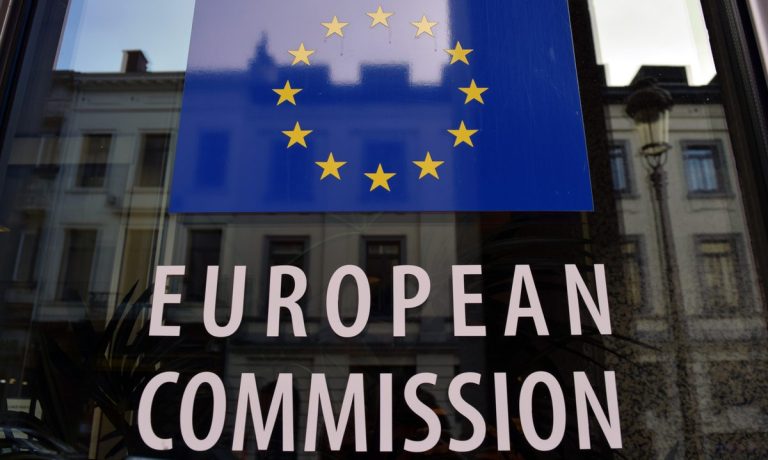EU Report on Internet of Things Highlights Potential Competition Concerns

The European Commission published a sector inquiry into consumer Internet of Things (IoT) last Thursday, analyzing the competitive landscape, emerging trends and potential competition issues.
The report summarizes the responses from more than 200 companies active in the manufacturing of smart devices, the provision of voice assistants and/or the provision of consumer IoT services, as well as from 14 standard-setting and industry organizations.
The findings of the sector inquiry confirm that, overall, an increasing number of devices and services are becoming “smart.” This enables users to access a progressively wider range of interconnected devices and services in and outside their homes. The respondents’ replies also point towards a trend of further increasing the overall number of consumer IoT services available on smart home and wearable devices and via voice assistants.
Without surprise, the leading voice assistants in the EU are Amazon´s Alexa, Google´s Google Assistant and Apple´s Siri. This is important because the report noted that voice assistants may become the center of smart homes and consumer IoT devices, and the data collected by these devices may provide an advantage to these companies, compared to other IoT devices.
The report finds that the main barrier to entry or expansion in the consumer IoT sector is the cost of the technology investment, followed by various interoperability issues and the lack of access to data.
Again, this is an important characteristic of this market: Regardless of the behavior that the three incumbents, Amazon, Google and Apple, undertake in this sector, respondents believe that “it is unlikely that there would be new entrants in the market for general-purpose voice assistants in the short term, given that the costs of developing and operating new general-purpose voice assistants are seen as almost prohibitively high.” As a result, business strategies from smaller companies focus on expanding their consumer IoT offerings via the leading general-purpose voice assistants, rather than trying to compete with them.
Interoperability among smart devices, voice assistants and consumer IoT services is seen as the second-most important barrier to increased competition in this sector. Interoperability between different brands is equally important to give consumers choice and prevent lock-in into a company´s products.
The third concern relates to standards and licensing, but respondents’ views differ widely in this point. Some call for further standardization, while others argue that standardization is not necessarily the best solution for interoperability in this sector.
The European Commission identifies some practices regarding interoperability and data collection that could be anticompetitive. For instance, Amazon, Google and Apple, by unilaterally governing the interoperability and integration processes, may also be able to limit the functionalities of third-party smart devices and consumer IoT services compared to their own by imposing technical constraints such as limited APIs.
Also, in relation to data, voice assistant providers can not only control data flows and user relationships, but are also able to leverage these advantages into adjacent markets such as the provision of other consumer IoT products and services. Having access to data may be critical in this sector to better profile consumers and deliver even more targeted ads.
The Commission concludes by saying that if some of these concerns appear as a result of anticompetitive practices, it will open an investigation — but this statement suggests that these concerns have not materialized yet, and even if they do, they may be not the result of anticompetitive practices.
The consumer IoT sector may not be dominated yet by a single firm, but the report indicates that voice assistants, and in particular their compatibility with other devices, will be key. Still, given the significant economic barriers to entry in the voice assistant market, this leaves three contenders in the race — and it is likely that their dominance in this market will just keep growing. However, this doesn´t mean that the market will be anticompetitive.